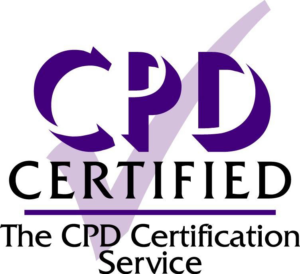10:0012th July
45 mins
45 mins
●
- Understanding the difference in common and uncommon lung infection symptoms
- When should the patients be referred to a centre of excellence
- Types of lung infections: explained
Dipak Mukherjee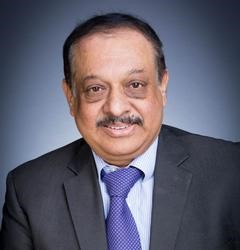 , Uta Hill
, Uta Hill , John Dickinson
, John Dickinson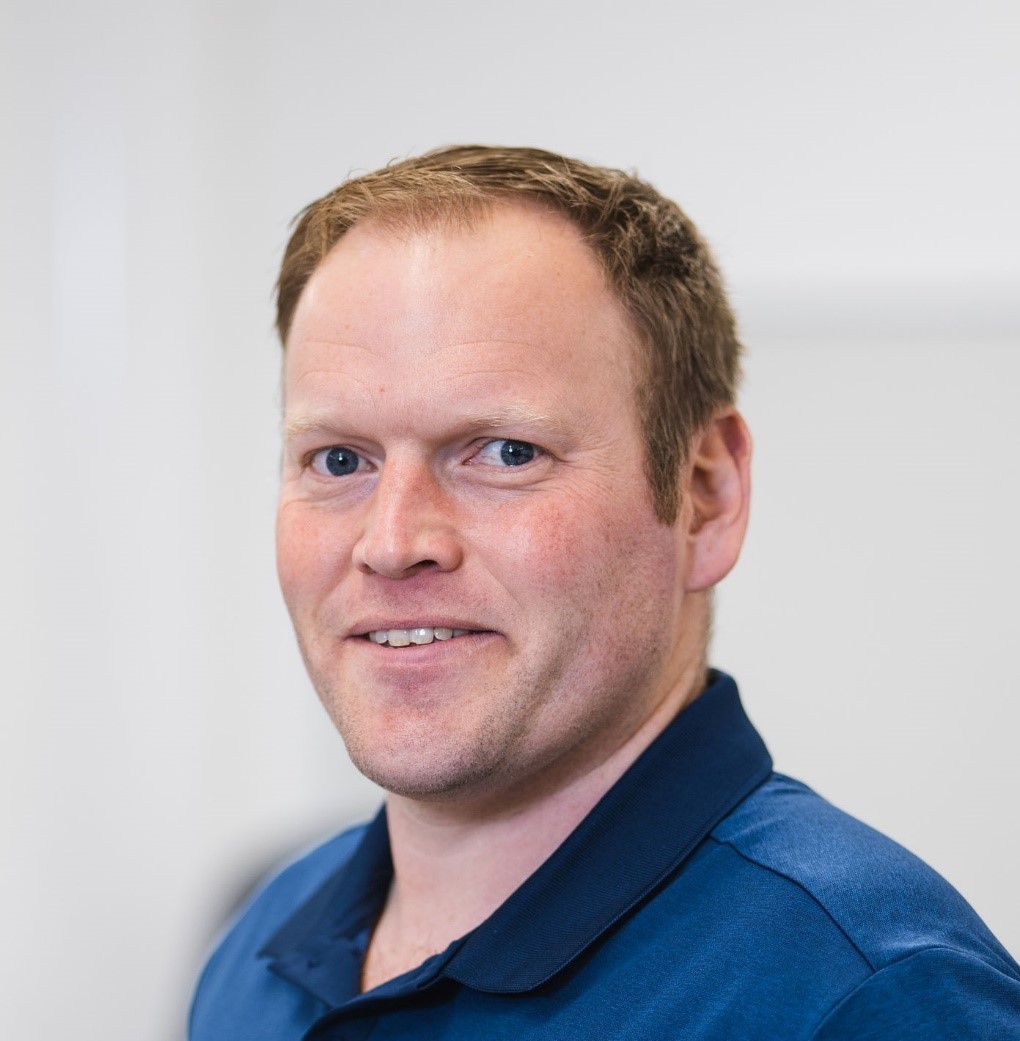 & David Dockrell
& David Dockrell

Dipak Mukherjee
Consultant, Interventional Respiratory Physician, Basildon University Hospital NHS Trust
Dr Dipak Mukherjee is a Consultant Physician at Basildon University Hospital (BTUH). He has worked as a Consultant Chest Physician at BTUH since 2001, and at Nuffield Health Brentwood Hospital since 2002.
Dr Mukherjee has considerable NHS experience. He is clinical lead at Basildon University Hospital (BTUH) for COPD, pleural disease and tuberculosis, and is also the lead and provides a Tertiary Service for Essex Endobronchial Ultrasound (EBUS) at the Essex cardiothoracic centre. Amongst his many achievements Dr Mukherjee won the National Hospital Doctor Award for COPD (2005) and a Gold Award from BTUH for his excellent clinical commitment.
Other interests
- COPD (chronic obstructive lung disease)
- Tuberculosis, Pleural disease
- Asthma
- Bronchoscopy and lung cancer
- Medical thoracoscopy
- EBUS (Endobronchial ultrasound)

Uta Hill
Consultant in Respiratory Medicine, Cystic Fibrosis Clinical Lead, Bronchiectasis Co-Clinical Lead, Cambridge Centre for Lung Infection, Royal Papworth Hospital NHS Foundation Trust
Dr Uta Hill is a respiratory consultant in the Cambridge Centre for Lung Infection contributing to the Cystic Fibrosis service and the Lung Defence and Immunology services.
Her areas of expertise include cystic fibrosis medicine, aspergillus-related lung disease, non-tuberculous mycobacterial infection, primary ciliary dyskinesia, chronic pseudomonal infection and medical education.
She is the Deputy Foundation Training Programme Director at Royal Papworth Hospital.

John Dickinson
Professor in Sport and Exercise Sciences, Head of Exercise Respiratory Clinic, University of Kent
Directly supported individuals reporting breathing problems for 20 years. Recently supported people experiencing breathlessness and fatigue post COVID. Most resent research has demonstrated how to objectively differentiate healthy breathing patterns from disordered breathing patterns.

David Dockrell
Professor of Infection Medicine, UoE Centre for Inflammation Research, The University of Edinburgh, The Queen's Medical Research Institute
I am a clinician scientist who graduated from Trinity College Dublin and received further training at the Mayo Clinic, Minnesota. I am a former Wellcome Trust Senior Clinical Fellow. Before moving to Edinburgh I was co-director of the Florey Institute, a cross faculty multidisciplinary centre, which focused on studying host-pathogen interactions in the context of Gram-positive bacteria.
11:0012th July
45 mins
45 mins
●
- Highlight the bidirectional link between COPD and mental health issues
- Recognise how to include an assessment of psychosocial wellbeing in people with COPD
- Identify potential interventions when mental health comorbidities are present
Beverly Bostock 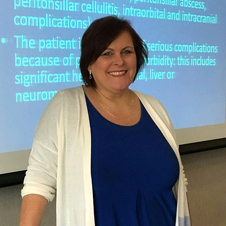

Beverly Bostock
Advanced Nurse Practitioner & PhD student Asthma Lead, Association of Respiratory Nurses Primary Care Cardiovascular Society Council Member Editor in Chief, Practice Nurse Journal Independent Training Consultant
Beverley qualified as a nurse at St George’s Hospital London. She has an MSc in Respiratory Care and an MA in Medical Ethics and Law. Bev works as an Advanced Nurse Practitioner in long term conditions in Gloucestershire and is an independent prescriber. In addition to being the Chair of the Respiratory Disease Sub Committee and Asthma Lead for the for the Association of Respiratory Nurses, she sits on the Executive Committee of the Primary Care Respiratory Society. She previously worked with the Open University to develop and deliver modules in asthma and COPD at diploma, degree and master’s level. Bev was a member of the Topic Expert Group which developed the Asthma Quality Standards for NICE and she also sat on the National Review of Asthma Deaths. She is Editor in Chief of Practice Nurse Journal and has been a Queen’s Nurse since 2015.
12:0012th July
45 mins
45 mins
●
- Identifying types of SDB and diagnosing patients correctly
- Surgery options and what is used across the UK and EU
- Common side effects and risks for those with SDB disorders
Alanna Hare 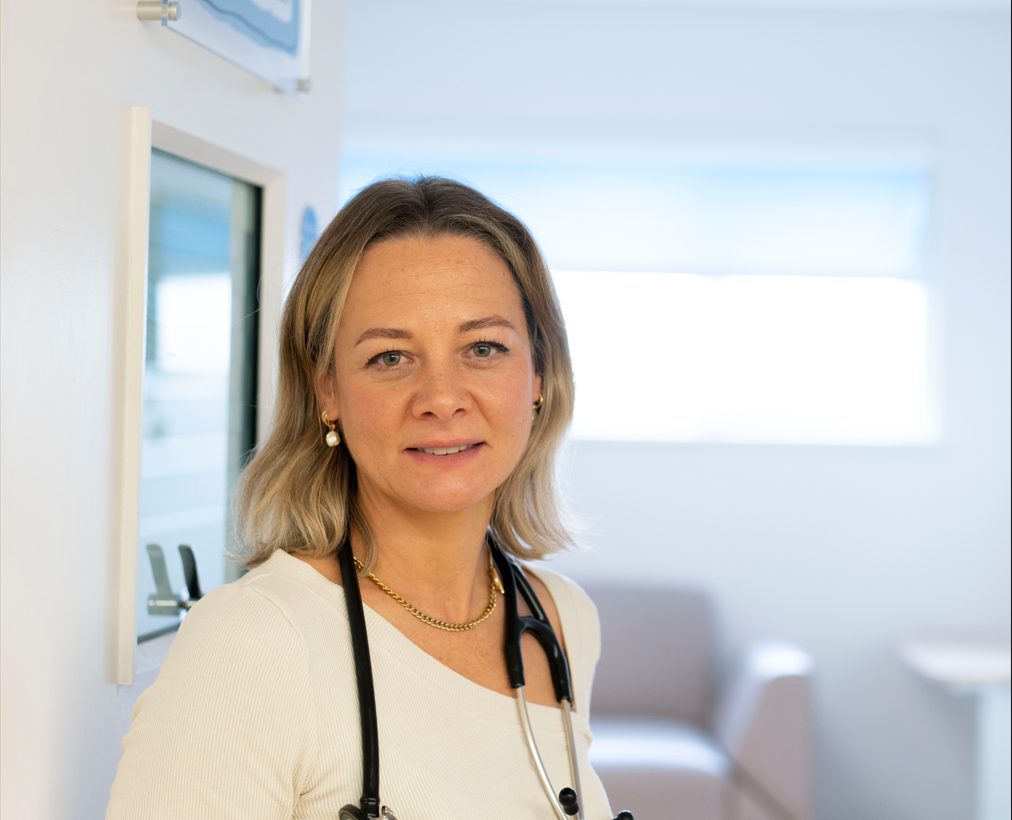

Alanna Hare
Consultant Physician, Department of Sleep and Ventilation, Royal Brompton and Harefield Hospitals
Dr Allie Hare is a consultant in Sleep and Respiratory medicine. She is the Secretary of the British Sleep Society and is Treasurer Elect of the British Thoracic Society. She graduated from Selwyn College, University of Cambridge in 1999, and undertook postgraduate training at Imperial College London in 2002. She has a Masters in Medical Education, a PGCert in Medical Leadership and has been made a Fellow of the Royal College of Physicians.
Dr Hare trained in cognitive behavioural therapy for insomnia at the University of Oxford and at Edinburgh. She runs clinics in Sleep medicine in the NHS and in the private sector on Harley Street and Wimpole Street. Her advice on sleep has been featured amongst others, in the Guardian, the Telegraph, the Robb Report, the Wall Street Journal, The Sunday Times and on the BBC. She works with a number of corporate organisations, supporting sleep wellbeing, and has advised athletes and sporting organisations, including Formula 1 teams. She speaks regularly in the corporate world on the importance of sleep for health, wellbeing and work productivity.
13:1512th July
45 mins
45 mins
●
- Challenging the current guidelines
- When and How to refer the severe asthmatic
- Asthma biologic therapies and their outcomes
Pujan Patel 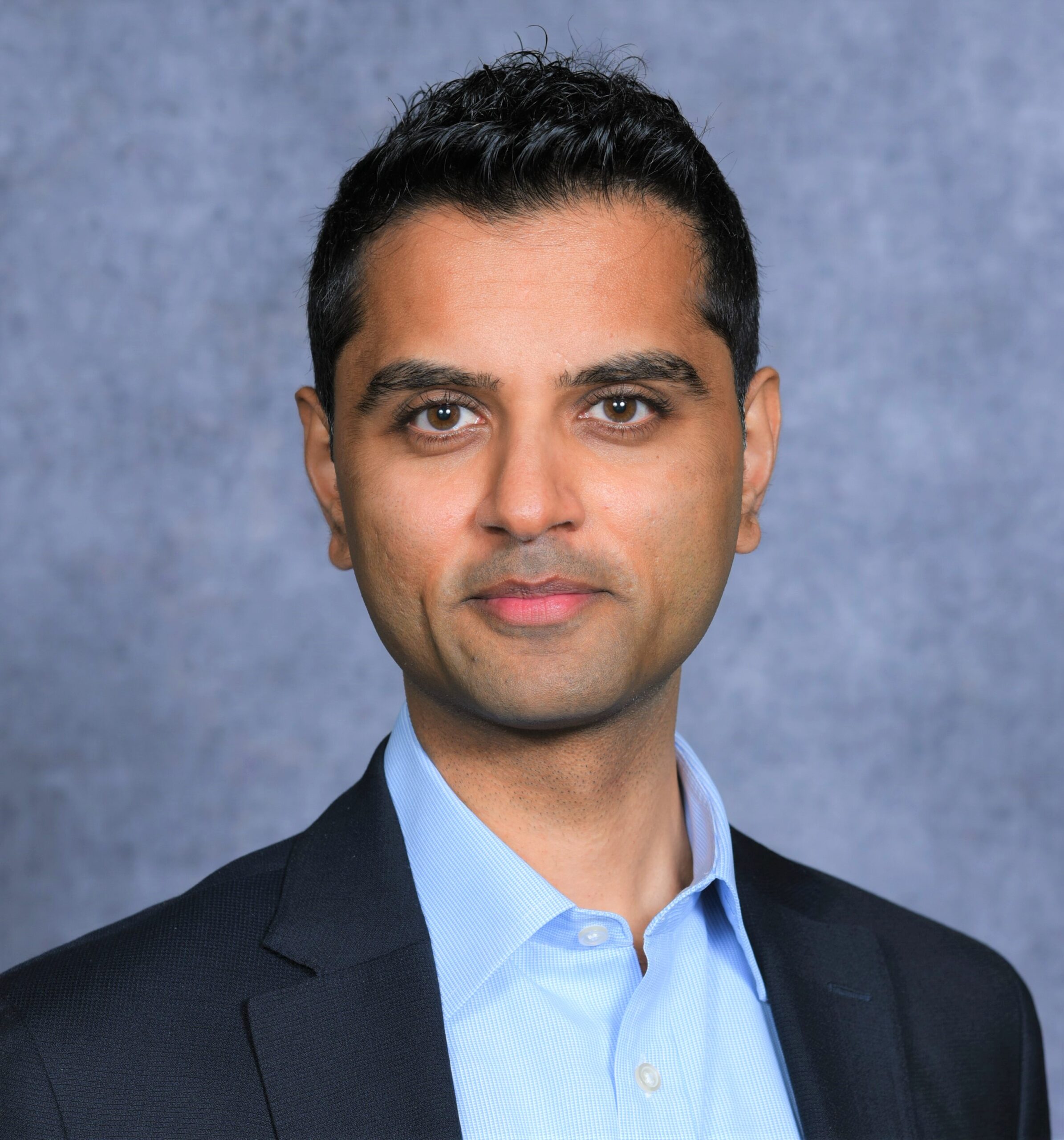

Pujan Patel
Respiratory Consultant, The Royal Brompton Hospital, Honorary Senior Clinical Lecturer, Imperial College
Dr Patel is a Consultant in Respiratory Medicine with expertise in Asthma. He completed his medical and subspeciality training across various hospitals in the United States of America. He trained at medical institutions such as Johns Hopkins, University of Maryland and University of St. Louis Hospitals. He is triple board certified in internal medicine, pulmonary medicine and critical care medicine. He returned to the UK after completion of his training and was appointed as a consultant in respiratory medicine with expertise in severe asthma at the Royal Brompton.
His interests span across a broad range airways diseases and he routinely manages tertiary level referrals of complex asthma patients – including those with rare conditions such as eosinophilic lung diseases and eosinophilic granulomatosis with polyangiitis (EGPA), refractory cough patients, patients with unexplained breathlessness and adolescents transitioning to adult asthma services. He conducts weekly multidisciplinary team meetings to identify severe asthma patient who would benefit from commencement of novel asthma biologic injection treatments.
He is responsible for the assessment of new tertiary referrals to the service and conducts weekly biologic MDTs to identify suitable biologic candidates. He serves on various committees for the British Thoracic Society (BTS) and American Thoracic Society (ATS) and continues to engage in medical education and teaching at Imperial College.
14:1512th July
45 mins
45 mins
●
- Digitisation possibilities and the benefits to patient care for those with ILD
- Using digital technology to avoid hospital admissions
- The challenges and limitations of providing hybrid-care or home-monitored care
- Future perspectives, has Covid changed our care?
Marium Naqvi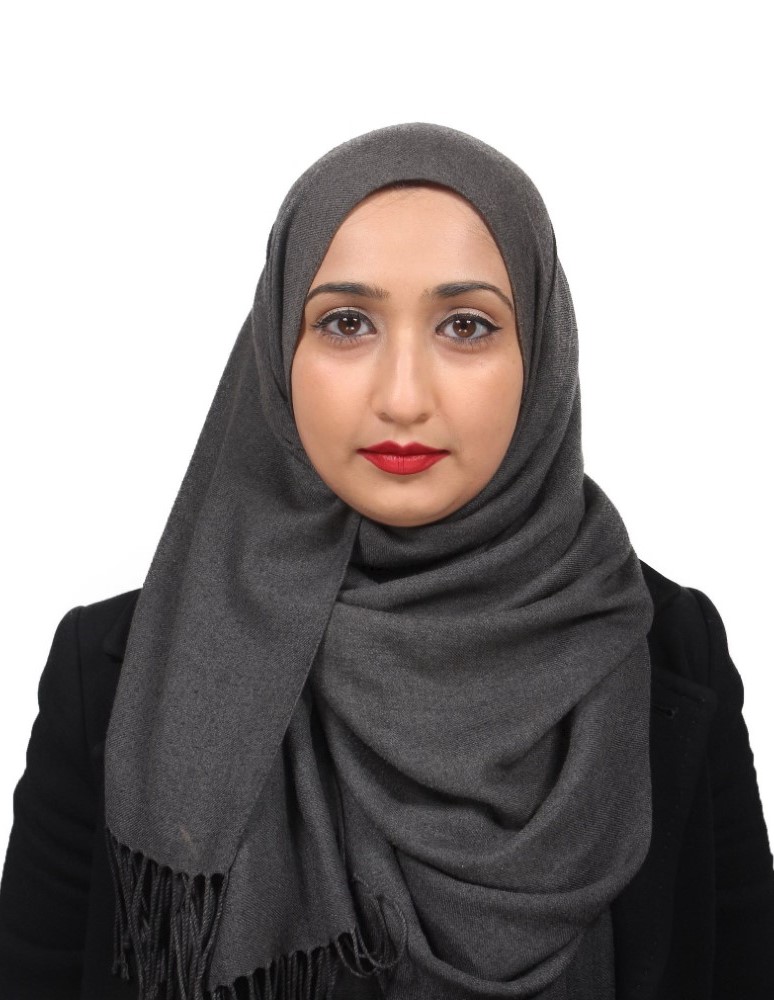 , John Blaikley
, John Blaikley & Garry McDonald
& Garry McDonald

Marium Naqvi
ILD Deputy Lead, Research Practitioner, Highly Specialist Pharmacist, Guy's and St Thomas' NHS Foundation Trust
Marium Naqvi is the Deputy ILD Lead, research practitioner and highly specialist ILD pharmacist at Guy’s and St Thomas’ NHS Trust (GSTT). She chairs the ILD Pharmacist Network and co-chairs the ILD-Interdisciplinary Network. She is the project lead at GSTT for the NHS Digital funded implementation of a remote monitoring programme in patients with ILD. Research interests include the psychological impact of disease, adherence to therapy and the use of digital technology to improve patient outcomes and access to specialist care. To improve patient accessibility to specialist care, Marium is working across the London and the South East of England network to develop care pathways, guidelines for the management of ILD patients and provide education and training. Marium is an independent prescriber who manages a complex cohort of patients, including medication review, optimisation of therapies and managing the monitoring and supply of high risk and/or cost medicines.

John Blaikley
Senior Lecturer with Hon Consult Status, Division of Immunology, Immunity to Infection and Respiratory Medicine, University of Manchester
I trained in medicine and physiology at University College London. During this time I secured a Wellcome vacation scholarship investigating whether proteinuria could be a sensitive marker of renal dysfunction after cardiac surgery. My research in chronobiology was stimulated after securing a MRC clinical research training fellowship in 2007. In 2010 I was named as the British Thoracic Society's young investigator of the year. After my MRC fellowship I was fortunate enough to secure an academic clinical lectureship allowing me to complete my clinical training whilst continuing my research. In 2013 I left for Toronto to train in lung transplantation. After securing a MRC clinician scientist award in 2014 I returned to Manchester to continue my research into how circadian rhythyms can alter lung disease. I then secured a MRC transition fellowship in 2019 to develop new ways to tell biological time. I currently run a group investigating the translational potential of these methods.

Garry McDonald
Respiratory Pharmacist, University Hospital Crosshouse
Garry is not your average pharmacist. He’s a polymath, with pharmacy being one of four degrees he holds. Garry has worked in all UK home nations across all sectors of pharmacy practice: hospital, community, academia, prison, pharma and primary care.
He is currently involved in a global SABA over reliance awareness campaign with IPCRG (International Primary Care Respiratory Group) called AsthmaRightCare, raising awareness with GPs and pharmacists in over a dozen countries. Garry speaks 12 languages which helps in this project, however, as a Scotsman he argues that English is foreign language
15:1512th July
45 mins
45 mins
●
- What makes a successful transplant
- Timing of the day and the likeliness of rejection
- Post-transplant patient care, what do we need to know?
Paul A. Corris 

Paul A. Corris
Emeritus Professor of Thoracic Medicine, Newcastle University UK, visiting Academic Fellow and teaching associate, Green Templeton College, University of Oxford, Chairman, Pulmonary Vascular Research Institute (PVRI)
Paul A. Corris is Emeritus Professor of Thoracic Medicine, Newcastle University UK a visiting Academic Fellow and teaching associate Green Templeton College University of Oxford and Chairman of the Pulmonary Vascular Research Institute (PVRI). He played significant roles developing clinical lung transplantation globally and establishing the UK National Service for patients with Pulmonary Hypertension via his clinical and research expertise. He has provided supervision, training and mentorship for many young physicians throughout the world. Known for his integrity, leadership and straight talking, he is the recipient of numerous awards including the British Thoracic Society’s Medal, PVRI’s and European Respiratory Society’s (ERS) lifetime achievement awards and Fellowship award of the ERS. He is a past President of the British Thoracic Society, The International Society for Heart and Lung Transplantation and the PVRI.
